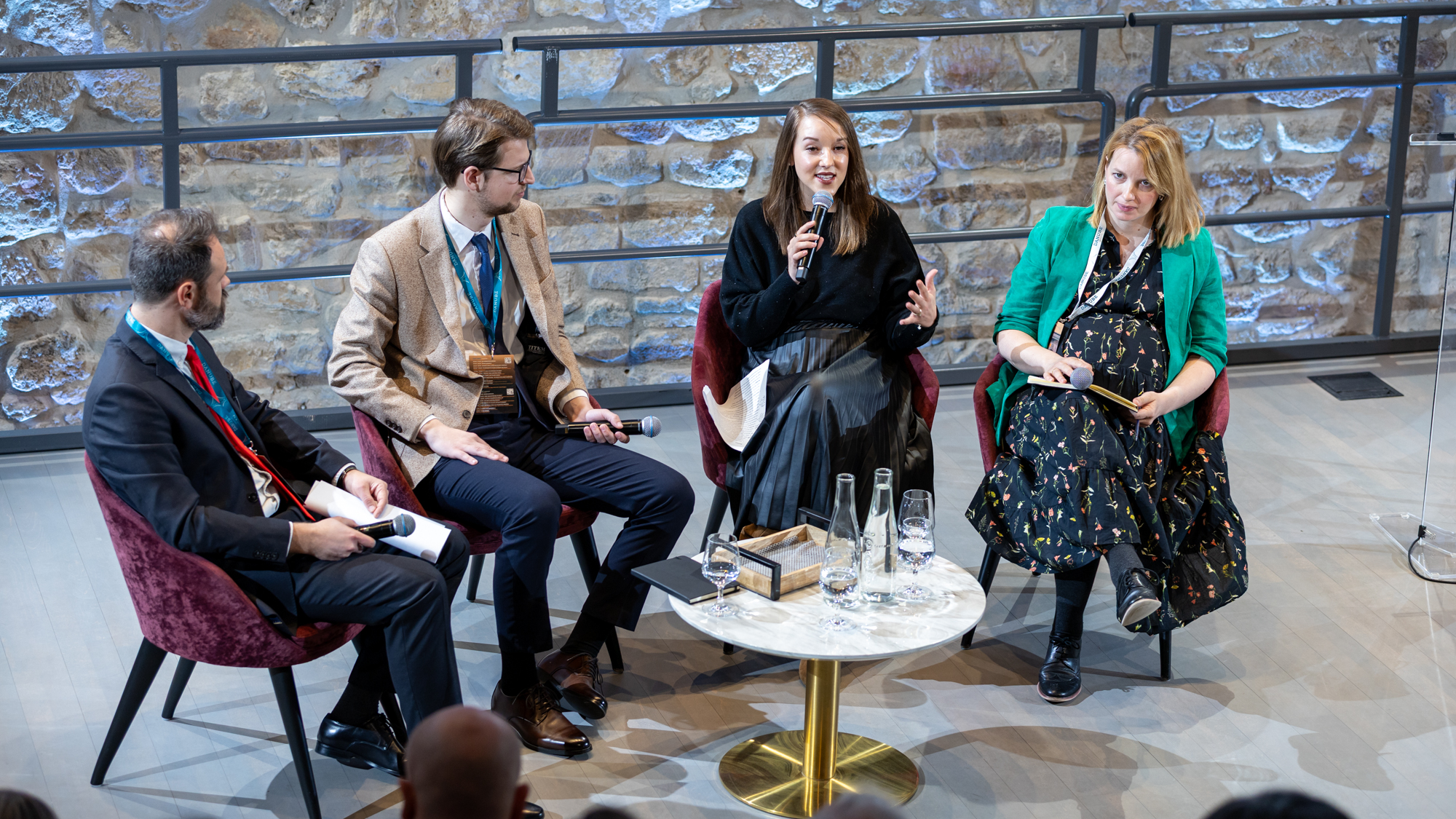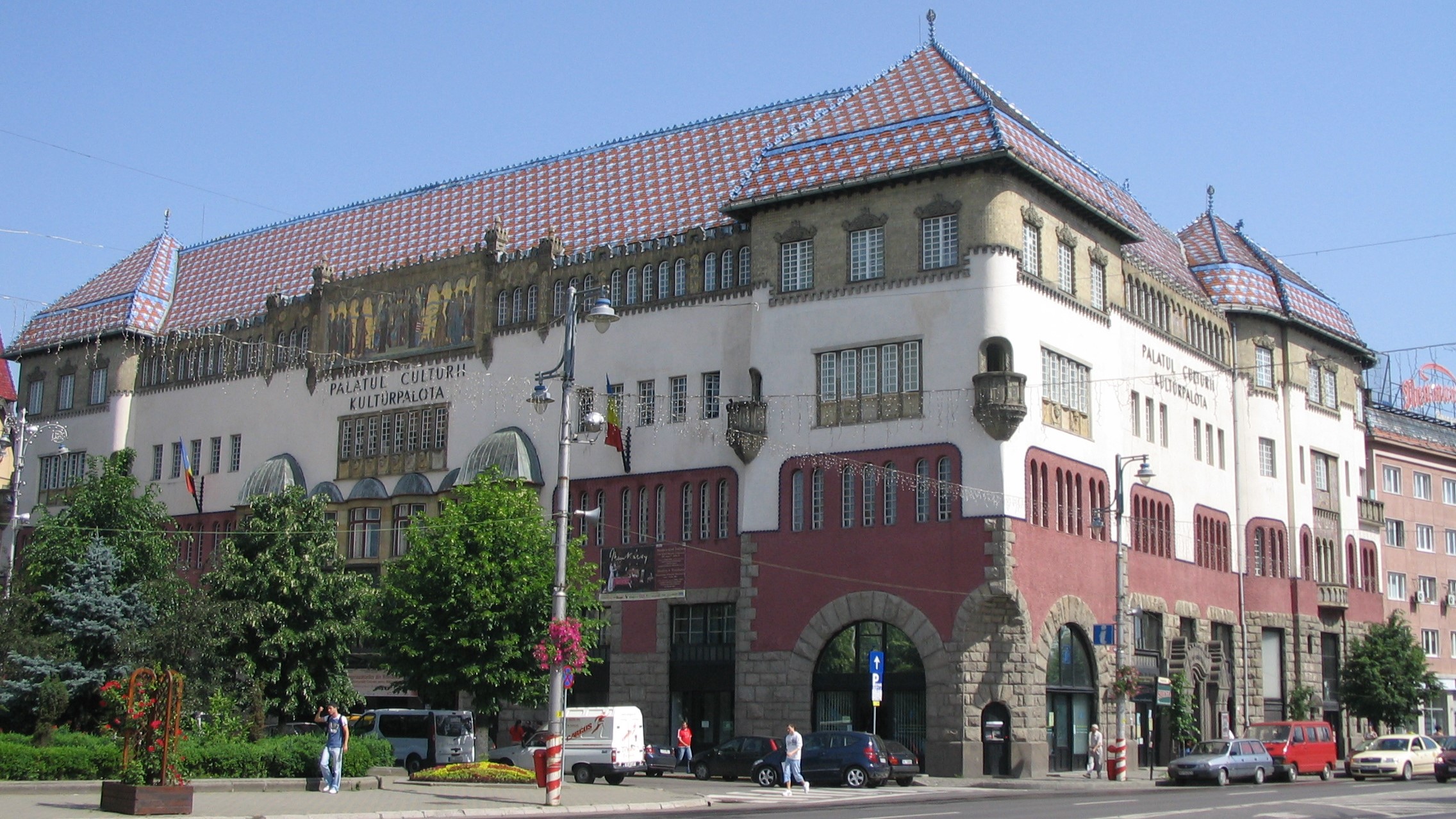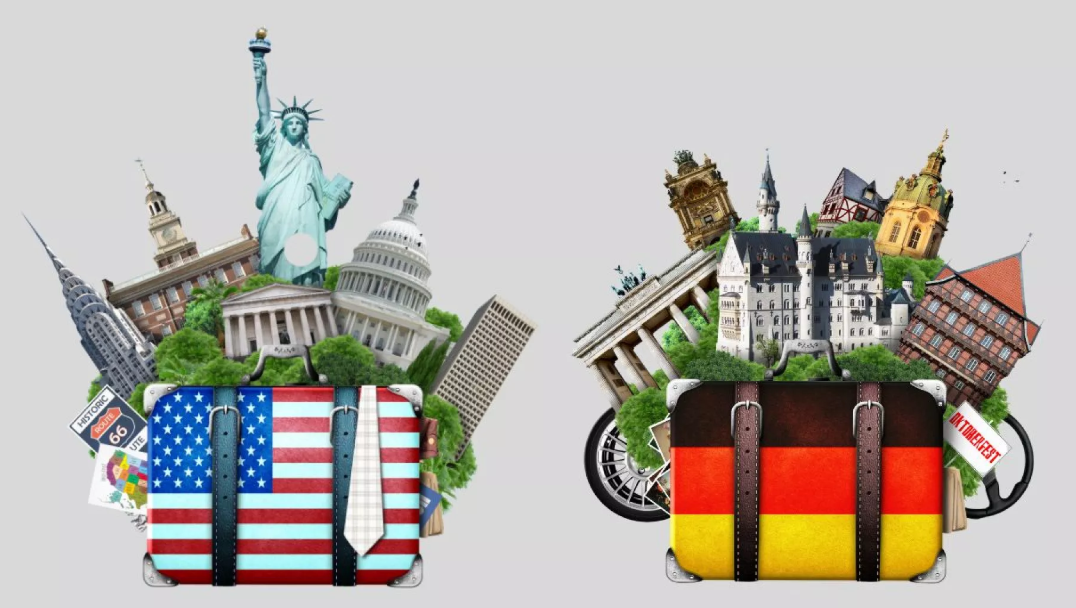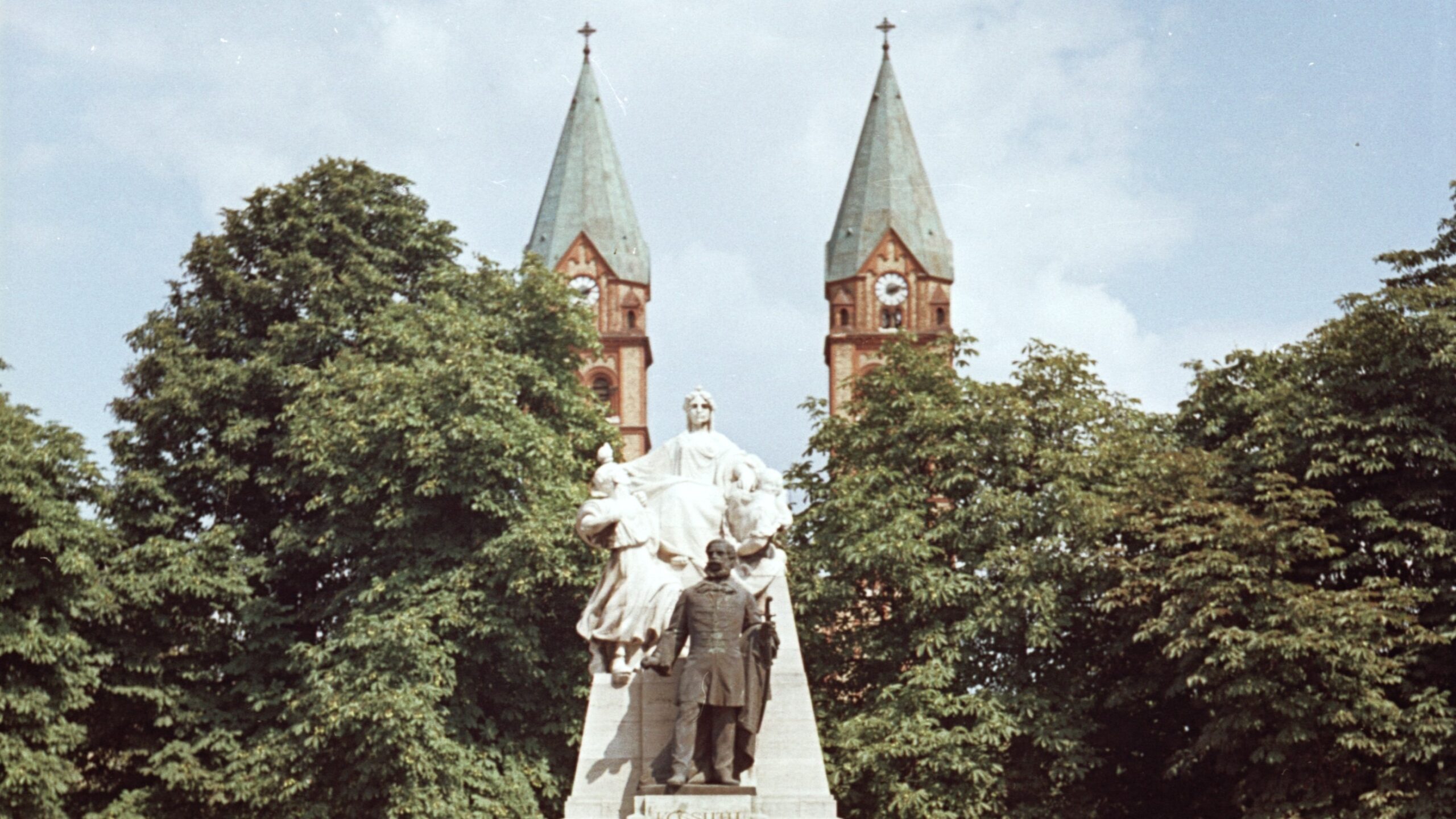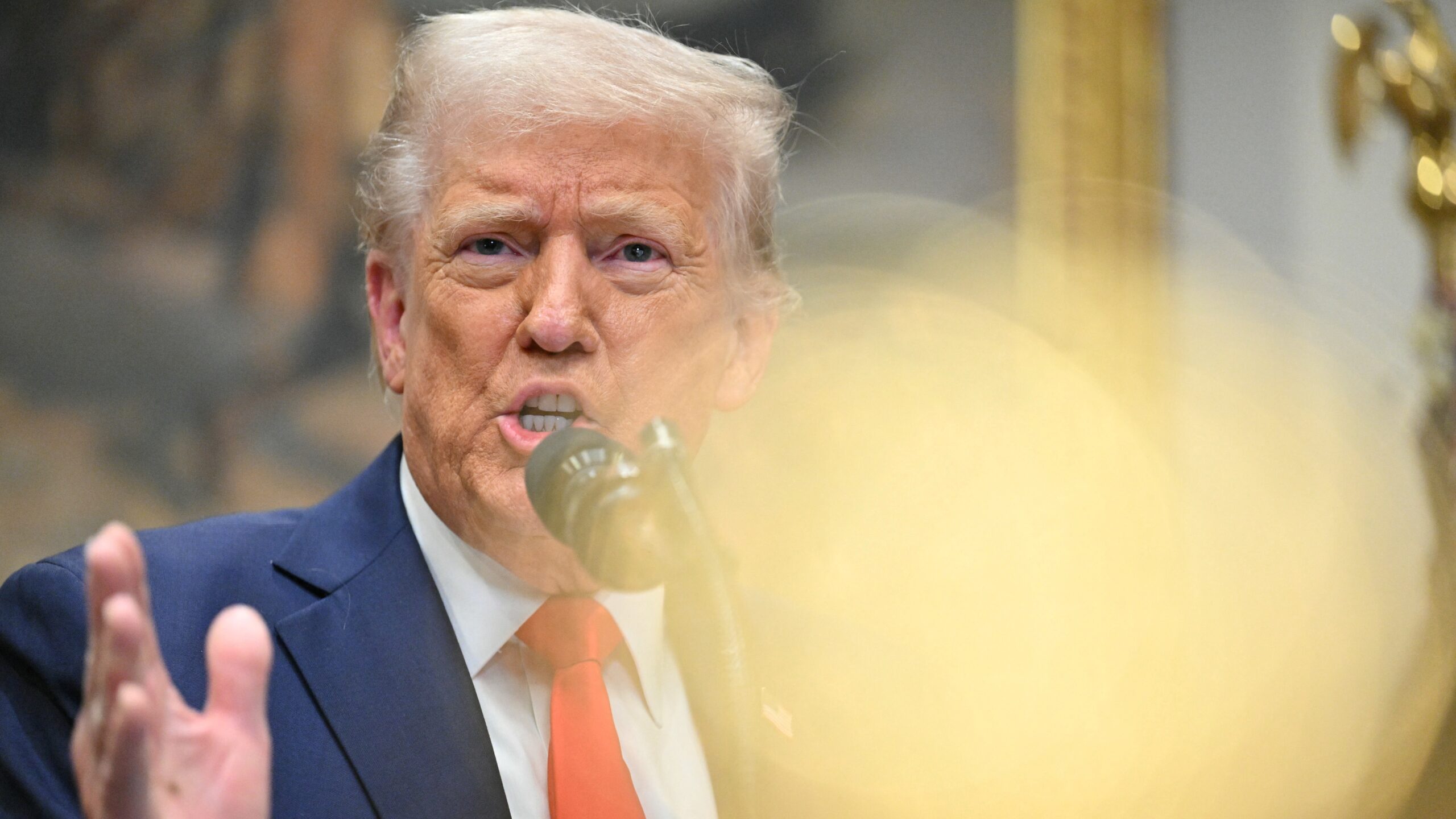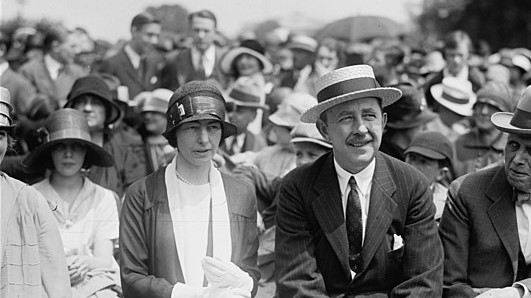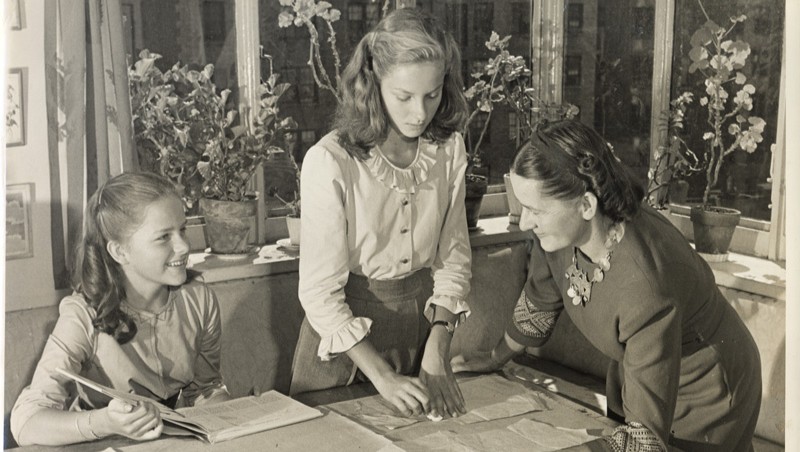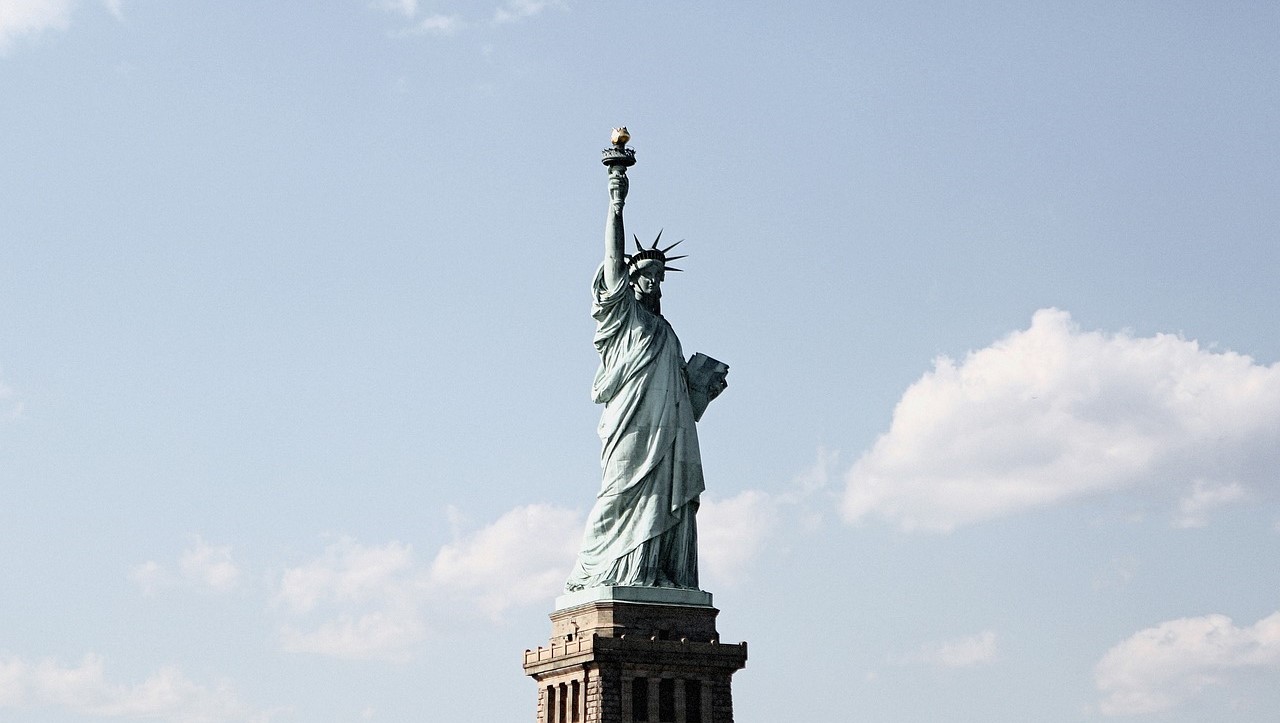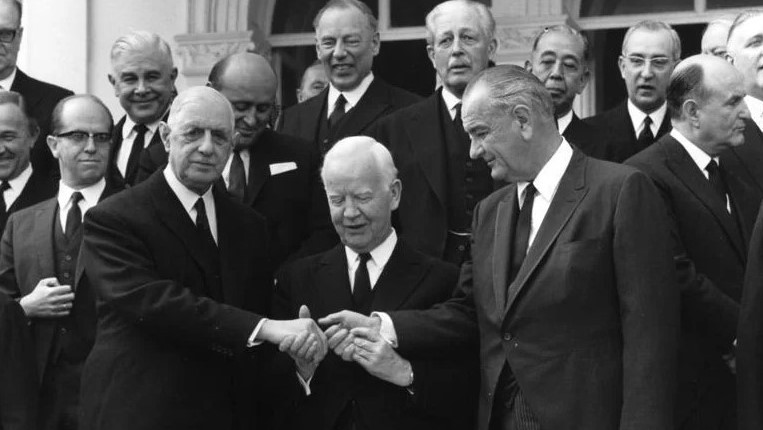
NATO in Question: How Americans and Europeans Viewed the Alliance in the 60s
‘Hazel Erskine…published a series of polls in The Public Opinion Quarterly in 1969 based on previously classified reports from the USIA’s Research and Reference Service. While many of the issues surveyed are no longer politically relevant, they remain of historical interest. Most questions originate from the 1960s, with some earlier data included to examine trends related to NATO and defence.’

